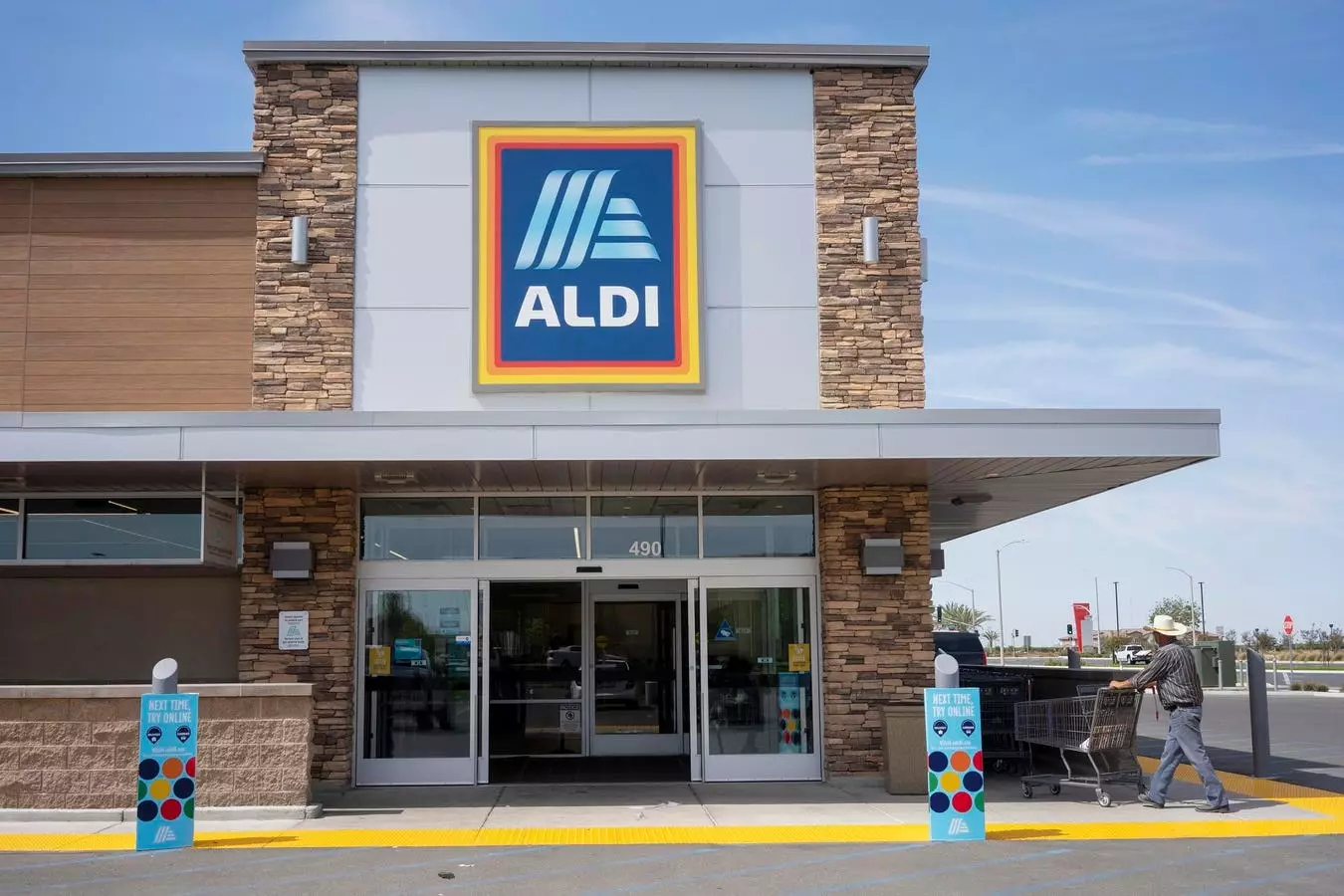In an age where inflation adds pressure to everyday essentials, including food, grocery shopping has evolved into a complex balancing act of searching for quality while managing a budget. Amid this shifting landscape, ALDI, a supermarket chain famous for its cost-effective models, has positioned itself as a central player. With the publication of its inaugural Price Leadership Report, ALDI provides critical insights into its competitive pricing strategies, and how it secures its place as a leader in affordability.
The Price Leadership Report stemmed from an extensive survey conducted by a reputable global research firm. This study assessed ALDI’s prices against various competitors, such as Walmart, Lidl, and Kroger, across five major U.S. metropolitan areas: New York, Los Angeles, Chicago, Miami, and Houston. What stood out was ALDI’s claim to the lowest prices based on a basket of the 70 top-selling items—an analysis grounded in data from the Bureau of Labor Statistics (BLS) Consumer Expenditure Survey.
Nationally, the reported spending for a family of four reached approximately $10,610 for high-priced brand-name products. In stark contrast, ALDI’s private-label products offered much-needed relief, costing families only $6,759—a notable savings of 36%. Furthermore, even when considering store brands from competitors, families could save around $1,869, which showcases the substantial economic advantage that ALDI provides. By the end of 2023, ALDI customers reported savings totaling an impressive $8.3 billion, emphasizing the company’s commitment to affordability.
Despite being recognized for low prices, ALDI doesn’t sacrifice quality. In an interview with Jason Hart, CEO of ALDI, he highlighted the grocery chain’s robust supplier network. This extensive network enables ALDI to offer a diverse array of quality products without inflating costs. Shoppers ranked ALDI #1 for fresh produce and while only 76% agreed that its store brands matched more expensive alternatives, personal experiences in their test kitchens often contradict such perceptions. If anything, being a juxtaposition to much of the competition, ALDI’s products rival top-name brands—which is no small feat in a saturated market.
The shopping experience itself reinforces this dedication to quality. ALDI’s no-frills approach not only allows for a streamlined shopping venture but is also a testament to their value proposition. Shoppers can efficiently navigate through the store without the distractions found in larger grocery retailers. The result? An average shopping experience lasting only around 30 minutes, with 77% of customers noting how much time they save while shopping.
One of the lesser-discussed but significant aspects of ALDI’s expansion is the ripple effect its pricing strategy creates in local markets. When ALDI enters a new region, it often nudges competitors toward lowering their own prices, demonstrating the profound impact they can have on grocery retail dynamics. This form of competition fosters a healthy consumer market by forcing other grocery stores to reconsider their pricing, benefiting shoppers on a grand scale.
ALDI’s recent acquisition of Winn-Dixie further exemplifies its aggressive trajectory. With this acquisition, ALDI continues to forge into spaces where value-conscious shoppers are in abundance, securing its foothold in competitive regions. The grocery chain’s model is straightforward: provide high-quality goods at affordable rates while adopting sustainable practices that resonate with today’s environmentally aware consumers.
As consumers increasingly seek transparency and ethical integrity in the food they purchase, ALDI is poised to meet these demands. Its dedication to responsible sourcing, such as sustainably caught seafood and organic produce, aligns with a growing movement towards responsible consumerism. Moreover, their unique practices—including a list of ingredients they never use—cultivates trust among shoppers, encouraging brand loyalty that is hard to rivals.
As they tackle the challenges of an inflationary economy with a mix of affordability and quality, ALDI remains a formidable player in the grocery landscape. Its approach illustrates that simplicity can have a powerful impact, especially when underpinned by an unwavering commitment to value. As ALDI continues its aggressive expansion and maintains focus on both affordability and quality, it is likely to attract new shoppers while retaining existing ones, thriving in a competitive retail environment for years ahead.


Napsat komentář